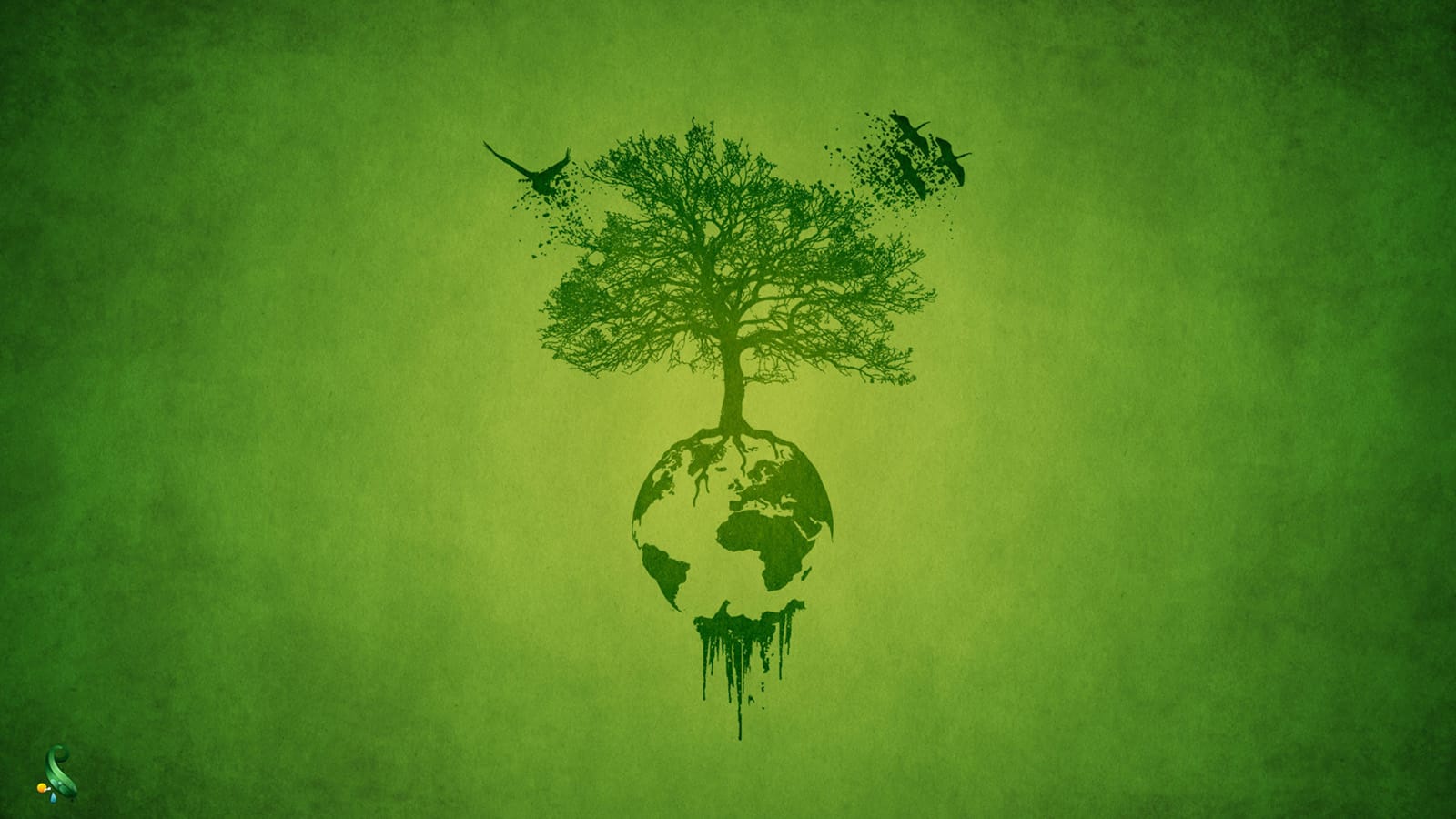Polycarbonates are plastics that are generally made of multiple layers of polymers containing carbonate groups in their chemical structures. They are used in bottles, lenses, also in scratch-resistant coatings for phones, CDs, DVDs etc. Polycarbonates are generally manufactured using what is known as BPA and phosgene. BPA is nothing but Bisphenol A which is an industrial chemical and phosgene is a highly toxic colorless gas.
Now, a new BPA-free plastic, which is more sustainable when compared with the form that is presently available, has been produced by researchers at the University of Bath, from sugars and carbon dioxide at room temperature and low pressure conditions.
These compounds now synthesized are biodegradable and can be reverted back to its original components- carbon dioxide and sugar, by using enzymes from soil micro biome. Attributable to this eco-friendly nature, this new plastic, in future can be used for medical implants or as scaffolds for growing replacement organs. As the plastic in market is not allowed to be used in baby bottle and other similar items, this discovery has brought forth other eligible options.
“With an ever-growing population, there is an increasing demand for plastics. This new plastic is a renewable alternative to fossil-fuel based polymers, potentially inexpensive, and, because it is biodegradable, will not contribute to growing ocean and landfill waste. Our process uses carbon dioxide instead of the highly toxic chemical phosgene, and produces a plastic that is free from BPA, so not only is the plastic safer, but the manufacture process is cleaner too,” said Antoine Buchard, part of the team.























